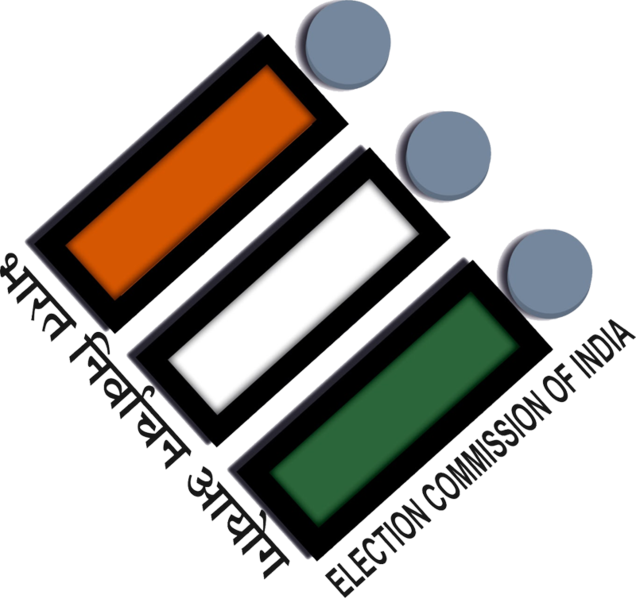India is a Democratic country. Which means people have the right to choose and elect their leaders and give them power to lead them. But, have you ever wondered who takes all the effort to hold elections, verify the candidates, count the votes, etc. The unsung heroes who do these: ELECTION COMMISSION OF INDIA.
History of the Chief Election Commission of India
Chief Election Commission of India is an independent body responsible for administering all the electoral processes in the Republic of India and conducts free and fair elections in India at regular intervals. Elections are conducted according to the Constitutional provisions in addition to the laws made by the Parliament of India like:
i. Representation of the People Act,1950(Preparation and revision of electoral polls)
ii. Representation of the People Act, 1951(All aspects of conduct of elections and post-election disputes)
The Election Commission has the power of superintendence, direction and control of all elections to:
i. The Parliament Of India
ii. State legislatures
iii. Office of the President of India
iv. Office of the Vice-President of India

It issues a moral Code of Conduct for political parties and candidates in every election so that elections can be conducted in a free and fair manner. The Election Commission of India first issued the Code on 1971 or the 5th Lok Sabha elections and has been revising them from time to time. It contains what is known as “rules of electoral morality” and has only a persuasive effect. But this doesn’t at all prevent the Commission from enforcing it.
The following are the challenges faced by the Election Commission of India at present:
i. Free and Fair elections
ii.To increase the Voter turnout.
iii. Check the people standing up for the elections.
iv.Increase the use of technology in almost all fields.
v.Maintenance and updation of the electoral rolls.
History of the Chief Election Commissioner and other Commissioners of the Election Commission of India
The Election Commission of India is headed by the Chief Election Commissioner and 2 other Election Commissioners. Originally there was just one Chief Election Commissioner. On October 16 1989, 2 additional commissioners were appointed for the first time. But this tenure was very short as it lasted till January 1, 1990 only. After the Election Commissioner Amendment Act, 1993 Act, the Election Commission was made a multi-member body. Then, on October 1, 1993 two additional Election Commissioners were appointed.
Appointment and Removal of the Chief Election Commissioner and other Commissioners of the Election Commission of India
Under Article 324(2) of the Constitution of India, the President of India (on the recommendation from incumbent Government of India (GOI)) is empowered to appoint the Chief Election Commissioner and the Election Commissioners. Normally the eldest Election Commissioner is appointed as the Chief Election Commissioner. The Chief Election Commissioner and the other Election Commissioners, all have a tenure of 6 years or up to the age of 65 years, whichever is earlier. Under Article 324(2) the President of India is empowered to fix from time to time the number of Election Commissioners other than the Chief Election Commissioner. The Chief Election Commissioner and the 2 Election Commissioners draw salaries and allowances at par with those of the Judges of the Supreme Court of India as per the Chief Election Commissioner and other Election Commissioners (Conditions of Service) Rules, 1992. The Chief Election Commissioner of India can be removed from his office by Parliament with two-thirds majority in Lok Sabha and Rajya Sabha on the grounds of proven misbehavior or incapacity.
Even though India is a democracy,people don’t understand the responsibility that they have.They don’t understand that in reality they are the ones’ who are in power and not their elected representatives.If they are the ones to help them rise them to power.They are also the ones who can take them back.And this is why it is said that EACH VOTE COUNTS. Because you may never know your one vote might change the final outcome and your one vote is enough to create a difference.A change.A positive one.
To know more about the Chief Election Commission of India click on the following link:
http://eci.nic.in/eci_main1/election_comission.aspx
To know more about the current Chief Election Commissioner click here.
EPIC.NO-LHV2007367